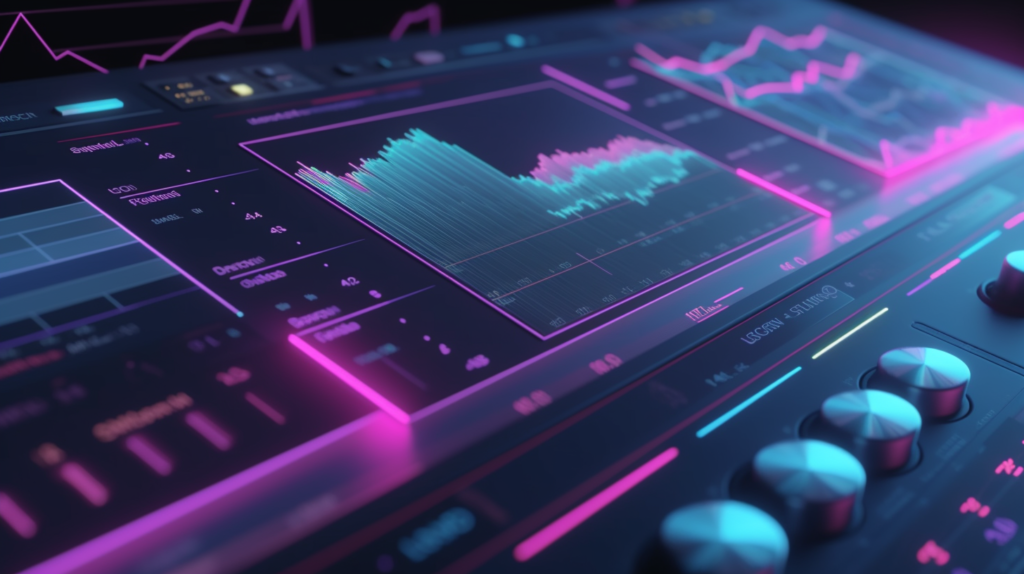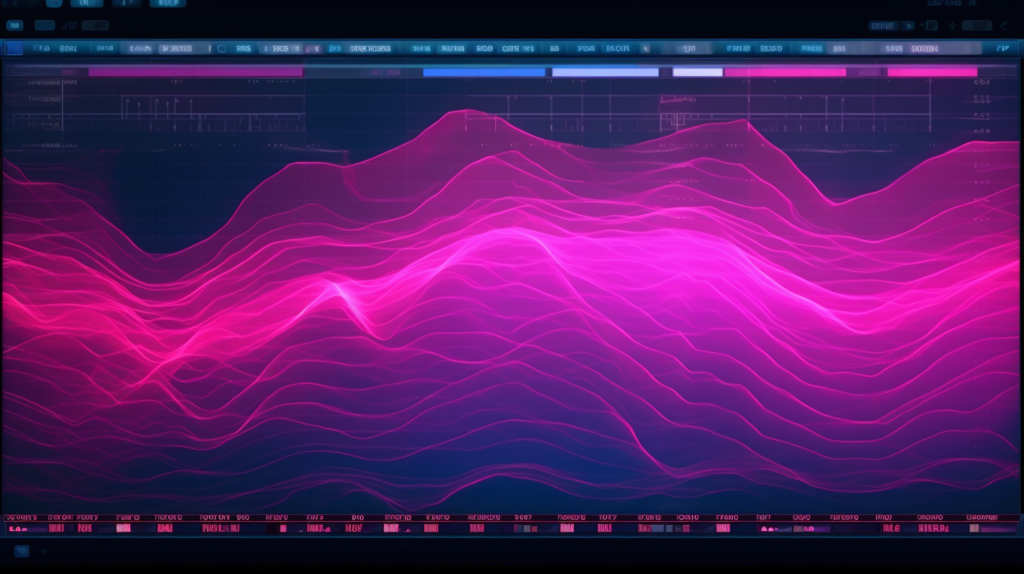
In music production, ‘gain’ is not just a control on your mixer; it’s a fundamental concept that shapes the sound of every recording. It refers to the initial level setting of audio signals, playing a pivotal role in how sound is captured and manipulated. Understanding gain is crucial for anyone venturing into the world of music production, as it lays the foundation for quality sound engineering.
Technical Aspects of Gain
At its core, gain refers to the amplification of an audio signal’s amplitude. It’s a crucial first step in the recording chain. The key distinction to understand here is between gain and volume. While volume controls how loud the output is to the listeners, gain determines the strength of the input signal being recorded. This is critical because the quality of the recorded signal depends heavily on these initial gain settings. Get this wrong, and you’re fighting an uphill battle in the mixing stage.
Preamps and their role in gain setting cannot be overstated. They boost the low-level microphone signal to a line-level signal, which is necessary for proper recording and mixing. The process of setting the right gain level on your preamp is more art than science, requiring a careful ear to balance between too low (which introduces noise) and too high (which leads to distortion).
Gain Staging: A Crucial Step in Music Production
Gain staging is the process of managing the signal levels across different stages of the audio production process to ensure optimal sound quality. It involves adjusting the gain levels from the initial recording through mixing to the final master. Proper gain staging is vital for maintaining headroom, minimizing noise, and avoiding clipping.
In the digital recording environment, where many home studios operate, gain staging has a slightly different emphasis compared to the analog world. The aim here is to avoid digital clipping at all costs while ensuring your signal is well above the noise floor. This often means recording at lower levels than you might initially think is necessary, especially given the high resolution of modern digital systems.
The Impact of Gain on Sound Quality
The way gain is set can make or break the sound quality of a recording. Too much gain can lead to clipping, where the top of the waveform is ‘chopped off’, resulting in harsh, unpleasant distortion. On the other hand, too little gain can mean your signal is swamped by noise.
However, in some genres, such as rock or certain types of electronic music, a bit of distortion is actually desired. In these cases, gain is used creatively to add character and grit to the sound. This illustrates the dual nature of gain – it is both a technical necessity and an artistic tool.
Practical Applications in Different Genres
The application of gain varies widely across different musical genres. In classical music, the emphasis is on capturing the natural dynamics of the instruments, so gain is used more conservatively. In contrast, in genres like rock or metal, gain is often pushed to achieve a more aggressive, overdriven sound.
In electronic music, precision in gain settings can be essential for achieving the right balance in a mix. A well-gained kick drum or bass can mean the difference between a track that thumps or one that falls flat. This illustrates the genre-specific nature of gain application – it’s not just about setting levels correctly, but also about understanding the stylistic demands of the music you’re working with.
Best Practices for Managing Gain in Recording and Mixing
Some best practices in managing gain include starting with a conservative setting and gradually increasing it until you achieve the desired level. It’s important to understand the signal flow in your recording chain and how each component affects gain. Regularly checking for clipping and maintaining a consistent level across different tracks can help ensure a clean, balanced mix. Remember, each microphone, preamp, and instrument will respond differently to gain changes, so there’s no one-size-fits-all setting.
Conclusion
Mastering the concept of gain is a fundamental skill in music production, affecting everything from the clarity and quality of the recording to the stylistic character of the final mix. Whether you’re a novice or an experienced sound engineer, understanding and effectively managing gain is key to producing high-quality music.





